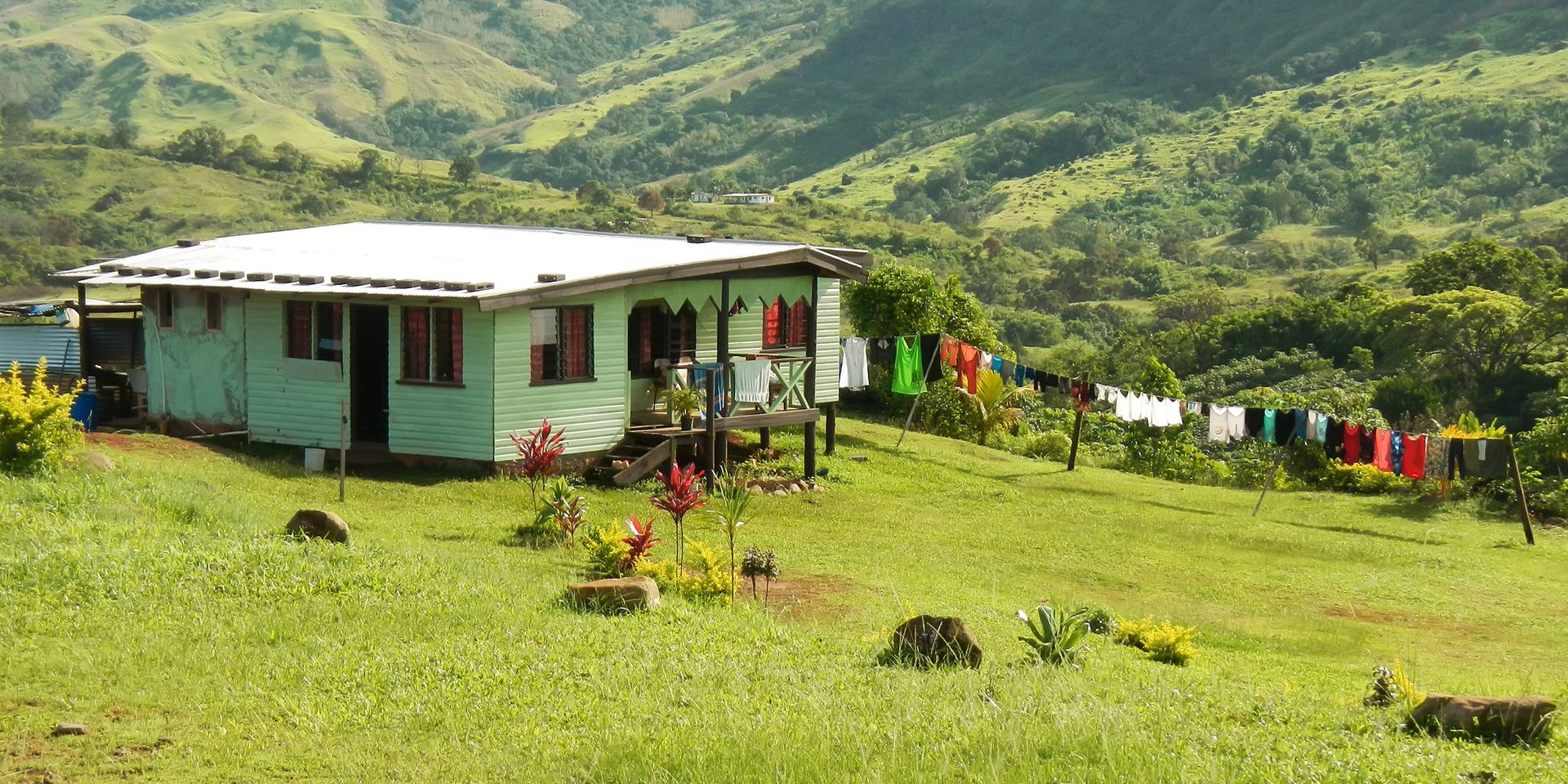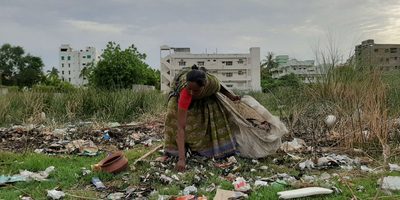Top UK biomedical research funders support first-of-its-kind sex and gender policy in major sector turning point
Twenty-nine organisations across the UK medical research community published a statement of intent today signalling their support for the introduction of dedicated sex and gender policies for biomedical, health and care research, in collaboration with The George Institute for Global Health’s Medical Science Sex and Gender Equity (MESSAGE) project.


New Survey by The George Institute for Global Health Advocates for Better Enforcement of Advertising Regulations to Reduce Online Exposure to E-Cigarettes
The George Institute for Global Health, in a cross-sectional online survey, has revealed an alarming rate of young people’s exposure to e-cigarette advertising in the popular media in countries like India, China, Australia, and the United Kingdom.
Sreya Majumdar
Ankita Sharma
Regional Variations Uncovered in the Impact of Dexamethasone Treatment for Severe COVID-19: George Institute study reports
There may be important regional differences in the response to higher doses of steroids (dexamethasone) for patients with severe COVID-19, according to a recent sub-study of the COVID-STEROID 2 trial.
Recent Study Identifies Effective Nutrition Labels for India's Diverse Population
Research at the George Institute for Global Health has provided important insights into the creation of front-of-pack nutrition labels (FoPLs) that are easy to understand and promote healthier food choices.












